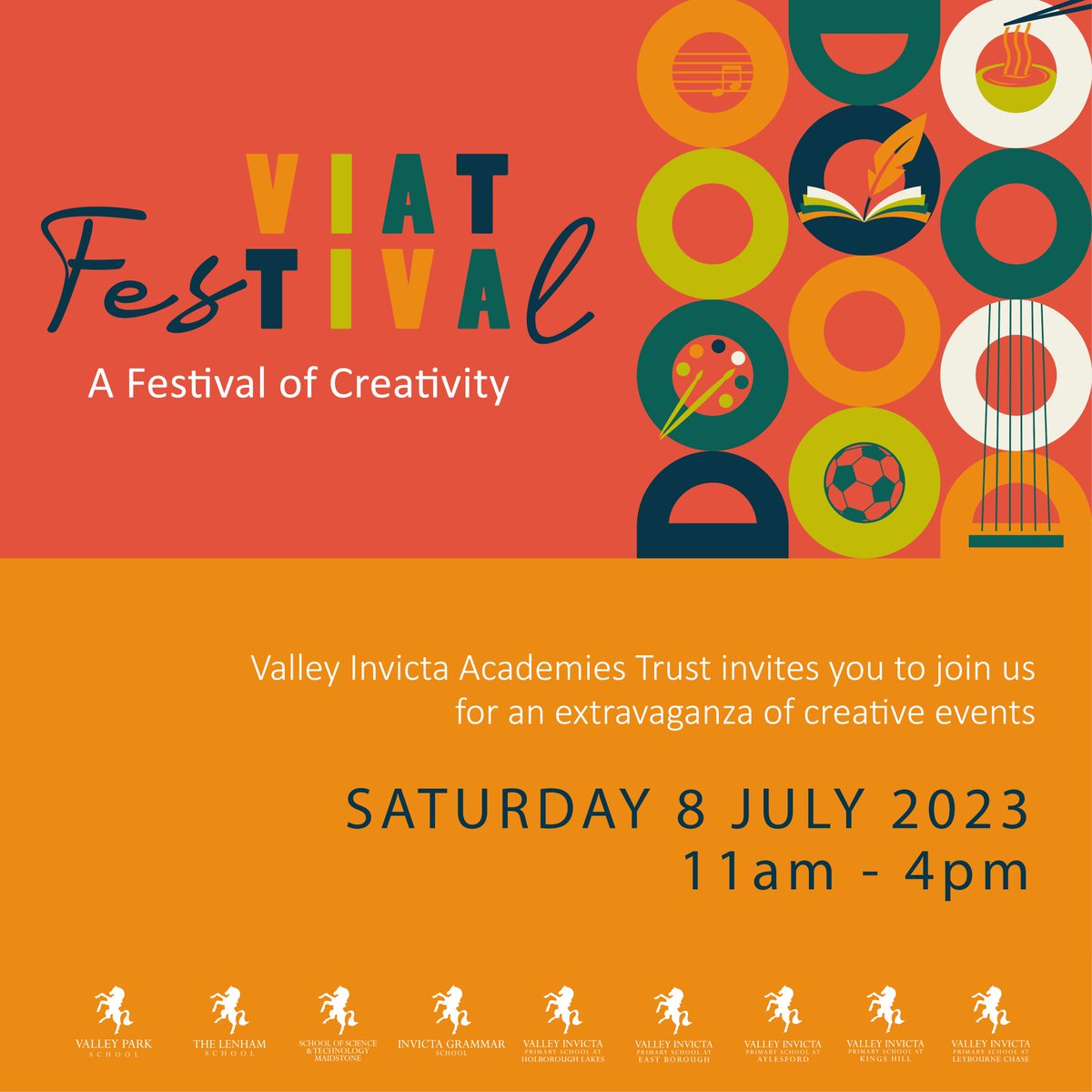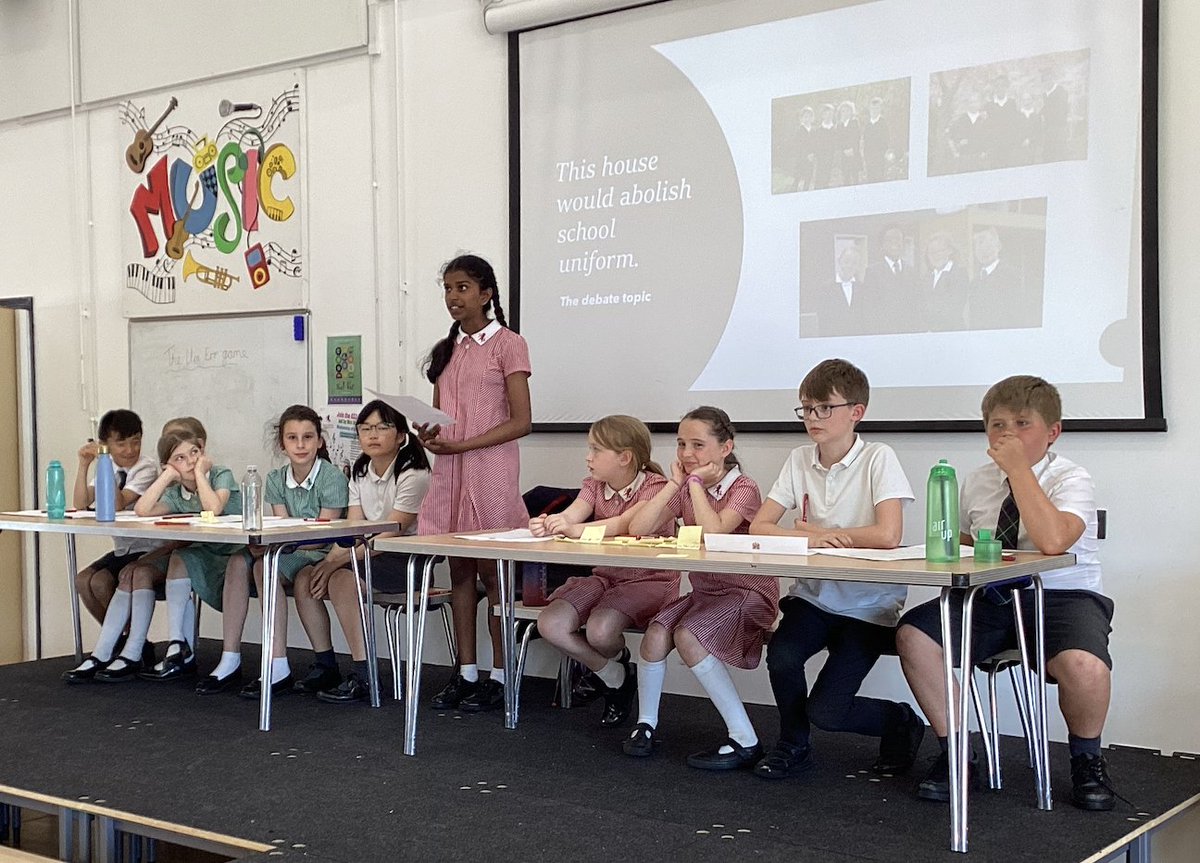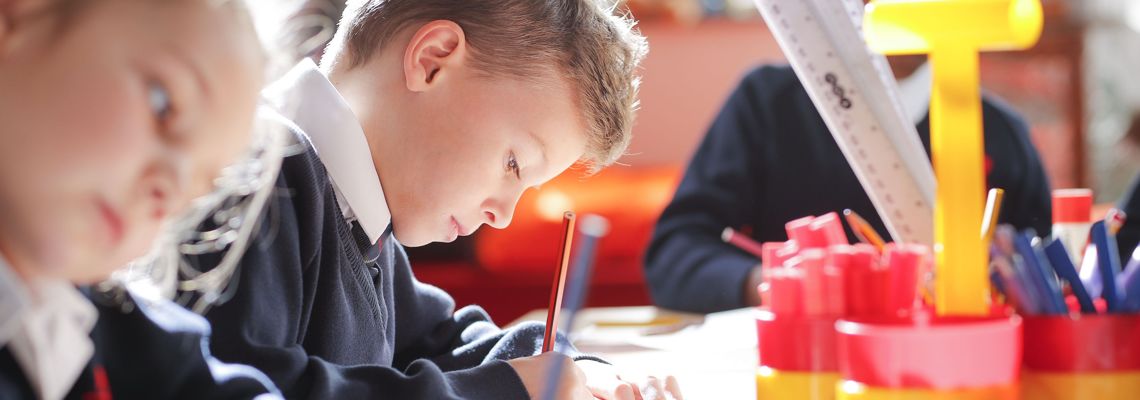Download our FREE smartphone app today!
Maths
Our Aim
At Valley Invicta Primary School at Holborough Lakes, we want every pupil to develop a love of Maths. We aim to develop a sense of enjoyment and curiosity about the subject and provide a programme for progression where pupils are stimulated and challenged.
Lesson Structure
We take a mastery approach to the teaching of maths, meaning that all children will gain a deep understanding of the maths they are learning. Pupils are all challenged to learn together in groups, with the necessary challenge and support in a lesson, to allow all abilities to flourish.
All Mathematics lessons are based on an I do, We do and You do approach.
Flying Start
This ‘hook’ includes consolidation of arithmetic skills from across the last lesson, week, month, term and year group phase. Regularly reflecting back to prior learning ensures that pupils keep skills fresh and builds upon their long-term memory. Rapid recall and number fact knowledge is key to support more advanced skills as pupils progress through the mathematics curriculum.
Guided Practice and Independent Learning (I do, We do, You do)
Throughout the rest of the lesson the children are introduced to different challenges that show progress in a skill across a lesson. These challenges are modelled by the teacher independently, before the students and teacher work together on the same concept. Each challenge is then consolidated by independent practice (you do). Challenges provide pupils with different pictorial representations, as well as learning about mathematics in contexts – this shows them that mathematics can be used in their daily lives and future aspirations.
Reasoning is explicitly shown in workbooks through the use of a purple reasoning pen, this allows pupils to see the importance of the following reasoning skills:
Reasoning is explicitly shown in workbooks through the use of a purple reasoning pen, this allows pupils to see the importance of the following reasoning skills:
- Describing
- Explaining
- Convincing
- Justifying
- Proving
- Conjecturing
These skills are fluid and pupils will dip in and out of these reasoning skills across their mathematics experiences in each year group.
Assesssment
“Effective teaching of mathematics uses evidence of student thinking to assess progress toward mathematical understanding and to adjust instruction continually in ways that support and extend learning.”
At Holborough Lakes we use many different strategies for assessment, to check whether children are ready to move on to the next step in their learning journey or whether further consolidation of the current skill is needed before moving on. Some examples of the assessment used in maths at Holborough Lakes includes:
Pre and Post Assessments:
At the start of each new topic in maths, children undertake a pre assessment to determine their starting points. These assessments are used to check whether knowledge from the previous year has been retained or whether there are any areas that need to be recapped before moving on to their new learning. After the new content has been covered, children will then undertake a post assessment to allow teachers to check whether the required knowledge has been gained or whether any consolidation lessons are needed.
Retrieval Practice and Arithmetic Starters:
At the start of each lesson, children are given questions based on previous learning to ensure that previously learnt knowledge is being recalled ensuring it becomes sticky knowledge and that the children ‘know more and remember more.’
Knowledge Checks and Hinge Questions:
Knowledge checks are questions that allow teachers to quickly gather information to determine whether children are ready to progress with their learning. A knowledge check is planned within a lesson to gauge the level of understanding, the depth of thinking and determine the next stage of the lesson.
Marking:
Green and pink highlighters are used to show children where they have been successful or where they need to revisit their learning. Children then address this with their purple pens. Along with this, marking symbols are used to allow the children to quickly see how they are doing within a lesson.
Summative Assessments:
Three times a year, children from years 2 -6 undertake a timed assessment with questions covering the end of year requirements. The data from this is used to identify next steps for children, teachers and subject leaders alike.
Progression in Vocabulary - Maths
Multiplication Tables Check 2025- Information for Parents
Internet Based Games and Activities relating to Place Value and Number
Give the Dog a Bone Explore the 100 square.
Splat Square Splat the numbers in different colours. Play games, look for patterns and learn your numbers to 100!
Chinese Dragon Ordering Numbers Learn to order numbers by playing this fun Chinese Dragon game!
Underwater Counting Game Learn to count up to 10 sea creatures accurately with this fun underwater themed game!
Spin to Win Create the highest number to win the round.
Eggs to Order (KS1) Ordering numbers according to place value.
Eggs to Order (KS2) The extended version that includes decimal numbers too.
Super Sid's Decimal Challenge Can you match the decimal numbers to create the target number?
Ghostblasters: Operation Even Shoot down the even-numbered ghosts.
Ghostblasters: Operation Odd Shoot down the odd-numbered ghosts.
Playing Board Games
Practising maths skills doesn’t have to be computer-based. There are lots of fun ways in which you can bring maths to life for your child through simple games and activities. Whether out shopping, using the context of money to help develop your child's skills, or helping them to better understand measurement when baking or putting together the new rabbit's hutch, there's always an opportunity for a 'maths moment'!
Board games can be great for developing a child's maths skills too! Playing these can be a really powerful way for young children to become comfortable with our number system, spotting patterns and literally playing with numbers. Some board games sneak in counting, sequencing and strategy as your child plays.
Maths Yearly Overviews
Times Tables
All Year 4 children will have their multiplication skills formally tested in the summer term of Year 4 from 2022. For more infomtion on the process of this assessment please click here.
Please click here to see our progression document for teaching times tables.
Times Tables Rockstars
Times Tables Rockstars is a fun and interactive way to help your child develop their times tables fluency. This platform allows the children to create a fun rockstar avatar and develop the skills to become a true Times Tables Rockstar!
For more information please click here.
How can you help your child practise their times tables?
Because the National Curriculum for maths is so extensive, there is an expectation that parents will help their children learn their times tables at home and not rely on schools to bring them up to speed.
Some of the techniques you can use include:
- Practising times tables by rote.
- Asking your child multiplication questions out of order – such as ‘What’s 11x12? What’s 5x6?’
- Asking your child the related division facts: ‘What’s 8/4? What’s 9/6?’
- Using arrays to help your child memorise times tables – you can use fun objects like Smarties or Lego bricks to make it more entertaining.
- Giving your child word problems to test their skills, like ‘If Peter has 800ml of orange juice and needs to share it between four friends, how much can they each have?’
- Using apps and games like TheSchoolRun’s multiplication games to build speed.
Free times tables resources and advice for primary-school parents
For information, worksheets, games, eBooks and learning packs to help you support your child in learning their times tables go to the Times Tables learning hub.
Specific tips for each multiplication table:
- Learning the 2 times table
- Learning the 3 times table
- Learning the 4 times table
- Learning the 5, 10, 11 and 12 times tables
- Learning the 6, 8 and 9 times tables
- Learning the 7 times table
https://www.purplemash.com/#tab/pm-home/maths/printable_resources_maths_tables
Times Table Challenge
Curriculum Intent, Implementation and Impact 1
Intention 1:
To build a Mathematics curriculum which develops learning and results in the acquisition of knowledge and skills so that all pupils know more, remember more and understand more. To design a curriculum with appropriate subject knowledge, skills and understanding in Number, Algebra, Ratio, Measurement, Geometry and Statistics as set out in the National Curriculum so that children can know more, remember more and understand more to help them reach and exceed their potential at Holborough Lakes Primary School and beyond.
Implementation:
National Curriculum Programmes of Study and Scheme of Work
- Mathematics is planned for, following the EYFS Framework and KS1 and KS2 school curriculum.
- Mathematics is planned for following the scheme of work, as suggested by Maths Hub.
- Whilst the National Curriculum forms the foundation of our curriculum, we make sure that children learn additional skills, knowledge and understanding and enhance our curriculum as and when necessary.
- Mathematics is taught as an exclusive subject in order to promote fluency but children are also provided with real life problems so that they are made aware of the importance of mathematics in everyday life.
Impact:
Children will make at least good progress in Mathematics from their last point of statutory assessment or from their starting point in Nursery. Children will use their Mathematics knowledge and skills, in all curriculum areas, to enable them to know more, remember more and understand more. Children will recognise the importance of Mathematics as a facilitating subject to enable them to access other areas of learning and operate successfully is everyday life both now and in the future.
Curriculum Intent, Implementation and Impact 2
Intention 2:
To build a curriculum, which enables pupils to make rich connections across mathematical ideas to develop fluency, mathematical reasoning and competency in solving increasingly sophisticated problems so that they know more, remember more and understand more. To design a curriculum which has mathematics at its core, is accessible to all and will maximise the development of every child’s ability and academic achievement. We deliver lessons that are creative and engaging. We intend for our pupils to be able to apply their mathematical knowledge to science and other subjects. We want children to realise that mathematics has been developed over centuries, providing the solution to some of history’s most intriguing problems. We want them to know that it is essential to everyday life, critical to science, technology and engineering, and necessary for financial literacy and most forms of employment. As our pupils progress, we intend for our pupils to be able to understand the world, have the ability to reason mathematically, have an appreciation of the beauty and power of mathematics, and a sense of enjoyment and curiosity about the subject.
Implementation:
- The systematic teaching of number and place value has a high priority throughout school.
- In Foundation Stage, pupil fluency is developed by using a visual, practical base to develop conceptual understanding and recall. Pupil’s mathematical reasoning is developed through the use of concrete objects and spoken language to explain and justify.
- School has developed a comprehensive Calculation Policy, which enables staff to teach standard methods systematically and progressively across all age groups.
- White Rose is used as the spine for delivery of the Mathematics across school. White Rose ensures consistent coverage, and provides real life opportunities for pupils to make connections and apply their mathematical knowledge.
- Daily Maths lessons provide opportunity for children to become fluent in the fundamentals of mathematics, thus increasing the likelihood of rapid progress.
- Weekly Problem-Solving sessions enable varied and frequent practice of mathematical application through increasingly complex problems over time, so that pupils develop conceptual understanding and the ability to recall and apply knowledge rapidly and accurately.
- The systematic teaching of Timetables ensures that children develop rapid recall which they can use as a tool to effectively and efficiently solve more complex problems.
- Time limited Intervention is planned for those children who are working below their expected level of attainment and progress.
- All children are expected to complete weekly mathematics homework.
- All children have access to Mathletics, which is a web-based ability appropriate Mathematics programme, which they can access at home, and school.
Impact:
Children will have a confident attitude towards mathematics. They will use arithmetic and timetables fluently and make connections in order to solve real life problems.
They will recognise that Mathematics is essential for everyday life and make at least good progress in Mathematics from their last point of statutory assessment of from their starting point in Nursery.
Children will use their Mathematics skills as a key tool in helping them to learn, and as a result, know more, remember more and understand more.
Curriculum Intent, Implementation and Impact 3
Intention 3:
To provide opportunities across all curricular areas for the development and application of Mathematic skills to help all pupils know more, remember more and understand more. To design a wider curriculum that provides regular opportunities for pupils to use and apply the knowledge skills they have acquired from the Mathematics Curriculum.
Implementation:
- The promotion of mathematics is essential to the successful acquisition of knowledge across the curriculum.
- The promotion of opportunities to use and apply mathematical knowledge throughout school is planned in a variety of subjects set in real-life contexts.
- The promotion and implementation of outdoor learning and external cultural capital experiences provides additional opportunities for children to apply mathematical knowledge in real life situations.
Impact:
Children will be able to produce written work in all areas of the curriculum of a similar standard which evidence good progress from their last point of statutory assessment point or their starting point in Nursery.
























